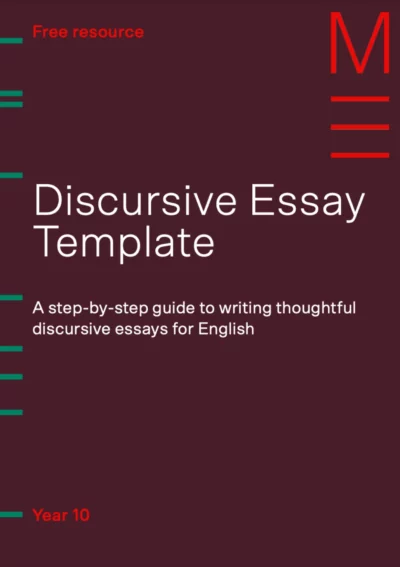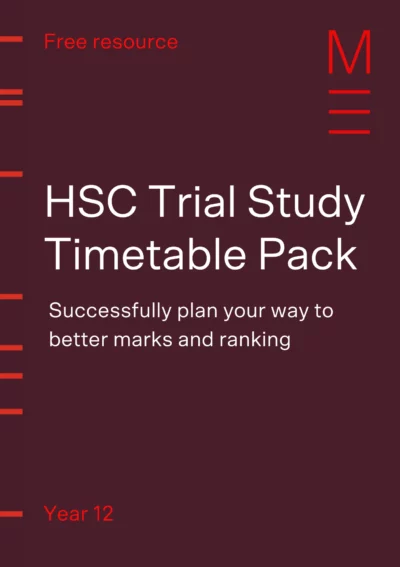Welcome to Matrix Education
To ensure we are showing you the most relevant content, please select your location below.
Select a year to see courses
Learn online or on-campus during the term or school holidays
Learn online or on-campus during the term or school holidays
Learn online or on-campus during the term or school holidays
Learn online or on-campus during the term or school holidays
Learn online or on-campus during the term or school holidays
Learn online or on-campus during the term or school holidays
Learn online or on-campus during the term or school holidays
Learn online or on-campus during the term or school holidays
Learn online or on-campus during the term or school holidays
Learn online or on-campus during the term or school holidays
Select a year to see available courses
Science guides to help you get ahead
Science guides to help you get ahead
HSC Trials are coming up! Get ahead with smart preparation strategies, clear timelines, and a free study planner to guide your revision.

Join 75,893 students who already have a head start.
"*" indicates required fields
You might also like

Join 8000+ students each term who already have a head start on their school academic journey.
HSC Trial Exam preparation isn’t something you should leave until the last minute. Truthfully, it should start from day one of Year 12. Every lesson, assessment and bit of feedback helps build toward Trials and, ultimately, the HSC.
But don’t stress if you haven’t been on top of things. Life gets busy, but there’s still time to get on track!
In this blog, you’ll find all the essential facts you need to know about HSC Trial Exams, along with 9-week and 4-week plans to help you prepare for the HSC Trials. Both options are designed to help you prepare efficiently, without burnout.
Table of contents:
A lot of students see the HSC Trial Exams as just a practice run. While it’s true that they mimic the real HSC Exams, the HSC Trial Exams still play a huge part in your final Year 12 results.
In most schools, HSC Trial Exams are worth 30-40% of your school assessment mark. That school mark makes up 50% of your final HSC mark. So HSC Trials can influence up to 20% of your final mark.
Doing well in HSC Trials can:
There’s no single statewide date for HSC Trial Exams. Each school sets their own exam block. However, most NSW schools run their HSC Trial Exams between early-August to mid-August.
Assume your Trials will start straight after the July holidays. This gives you a clear deadline to build your study plan around.
If you need specific dates, check your school’s Year 12 assessment schedule or ask your teachers.
Now that you know when your Trials are likely to happen, it’s time to focus on how to prepare for them properly.
Your Trial Exams should be treated exactly like the HSC, not just in how you sit them, but in how you write and structure your responses. Teachers and markers use the same standards and marking criteria as the final HSC exams.
That means your Trials are the perfect opportunity to practise writing clear, well-structured responses that meet HSC expectations.
Read our detailed guide on how to analyse Shakespeare and work towards getting that Band 6 in English.
A step-by-step guide to writing thoughtful discursive essays for English. Fill out your details below to get this resource emailed to you. "*" indicates required fields
Free English Discursive Essay Template Download

Free English Discursive Essay Template Download
A good habit is to mirror the question’s wording in your answer.
For example, if the question is:
“Explain how the composer uses language to shape meaning in the text.”
You could start your answer with:
“The composer uses language techniques such as metaphor and juxtaposition to shape meaning by highlighting the tension between personal identity and social expectations…”
This way, the marker knows you’ve read and understood the question and you’re not just writing a generic response. It also helps you stay on track and avoid going off-topic.
The good news is you don’t need to have studied perfectly all year. What really matters now is how you use the time you’ve got left, and that’s where the timelines below can help.
Best if you’re reading this in late May or early June
| Weeks | Focus area | What to do |
|---|---|---|
| 1-2 | Plan and organise |
|
| 3-4 | Study core topics |
|
| 5-6 | Practice exams |
|
| 7-8 | Refine |
|
| 9 | Light revision and rest |
|
Our HSC Trial Study Planner includes editable, week-by-week templates. Simply choose the 9-week or 4-week version and print as many pages as you need based on your study plan.

Plan your study prep with this essential HSC trial study timetable pack!

Fill out your details below to get this resource emailed to you.
"*" indicates required fields
Good if you’re starting in late June or early July
This is your fast-track guide. It won’t be easy, but it’s doable. Focus on the essentials, practise smart, and avoid wasting time.
| Week | Focus | What to do |
|---|---|---|
| 1 | Prioritise topics |
|
| 2 | Study and practise |
|
| 3 | Simulate exams |
|
| 4 | Final review |
|
Final tip: Even if you’re starting late, don’t panic. We’ve seen students make major leaps in a short time. Focus your energy, follow the process, and trust that you can still get those top marks!
Want structured help and expert feedback? Matrix Year 12 courses are taught by HSC teachers and trusted by high-achieving students across NSW.
Learn with Matrix+ online courses
Access theory lesson videos and comprehensive resources anytime. Join 8,000+ students learning with confidence.
Written by Matrix Education
Matrix is Sydney's No.1 High School Tuition provider. Come read our blog regularly for study hacks, subject breakdowns, and all the other academic insights you need.© Matrix Education and www.matrix.edu.au, 2025. Unauthorised use and/or duplication of this material without express and written permission from this site’s author and/or owner is strictly prohibited. Excerpts and links may be used, provided that full and clear credit is given to Matrix Education and www.matrix.edu.au with appropriate and specific direction to the original content.